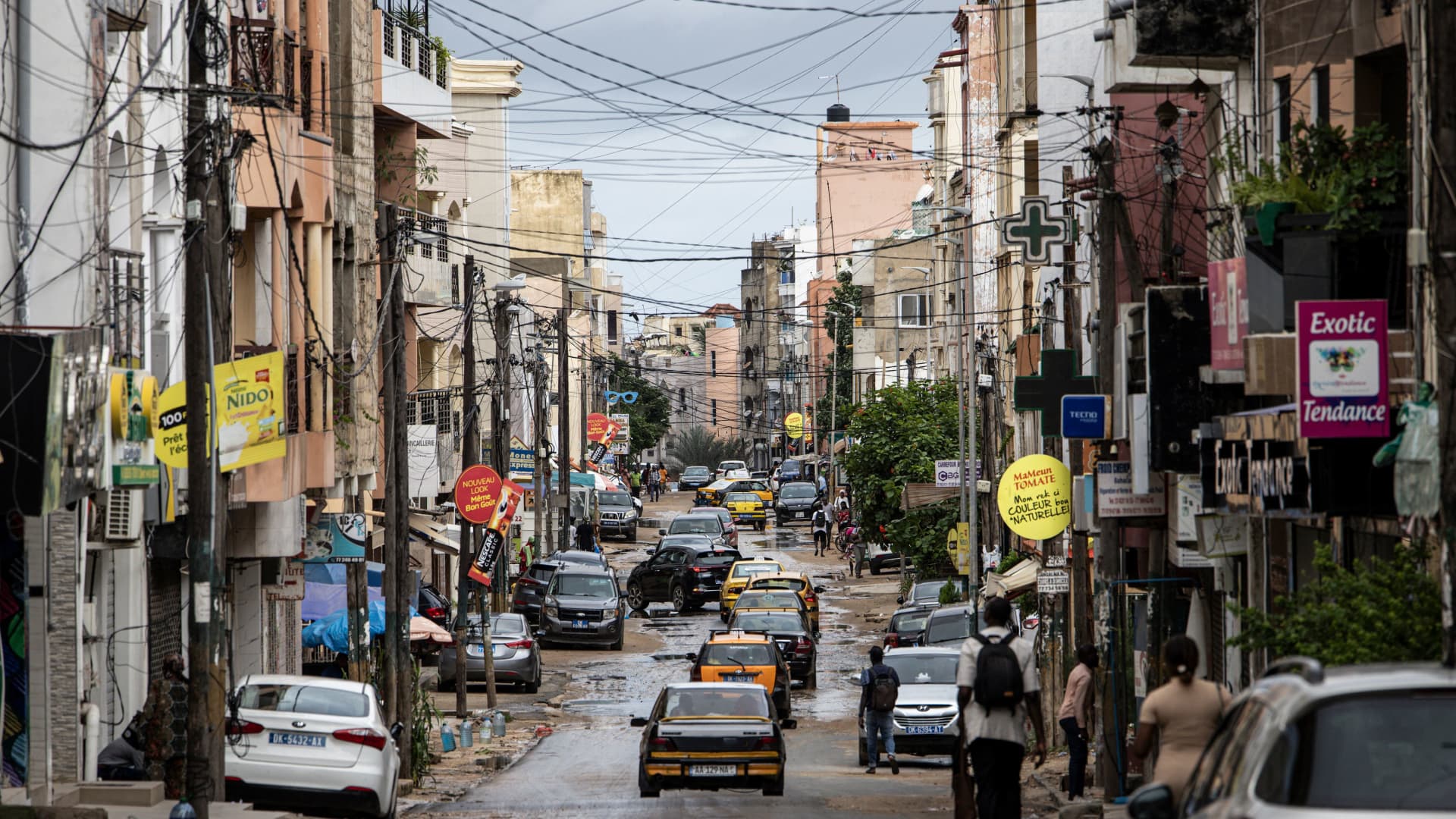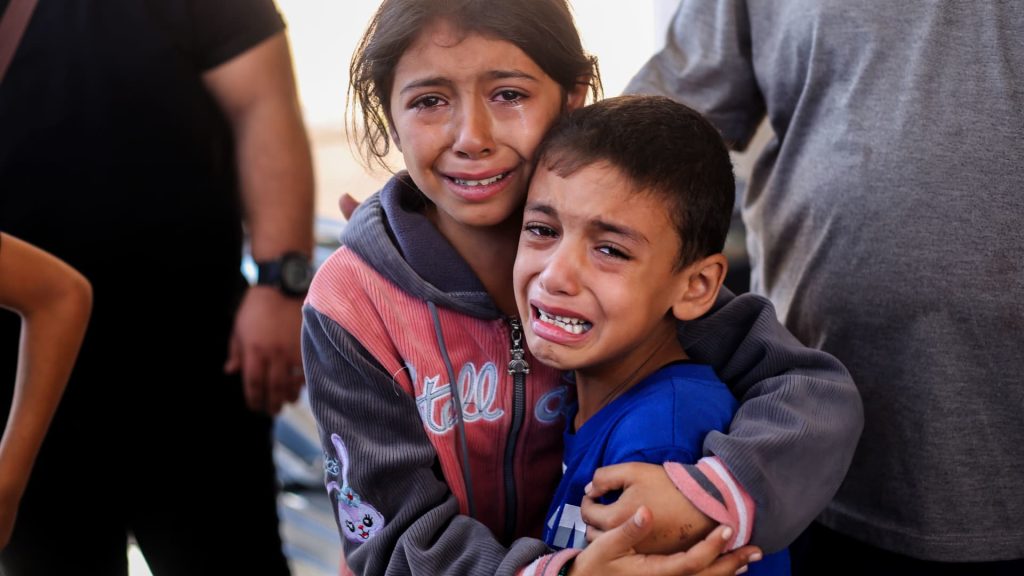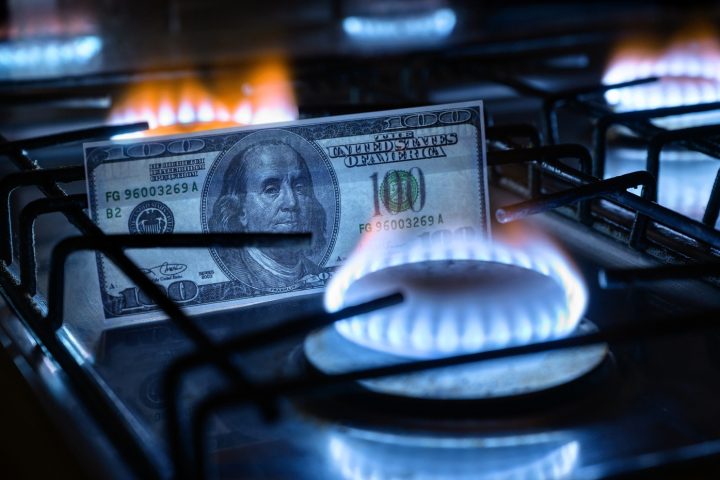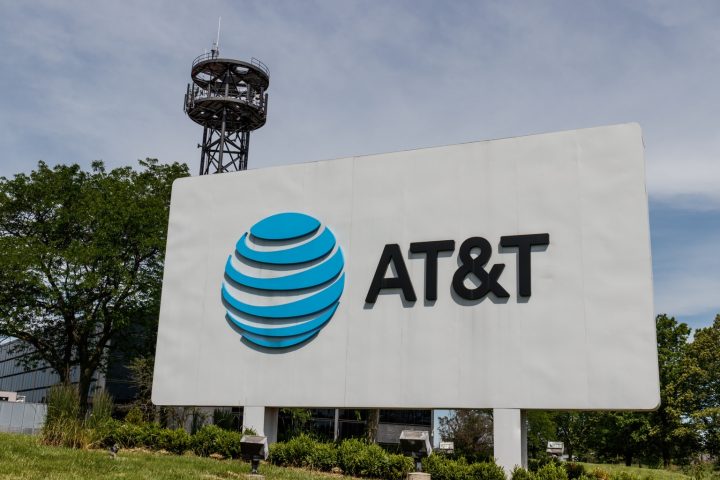BEIJING — An ambassador of an African country to China has criticized the International Monetary Fund and the World Bank for restrictive lending policies.
“The problem is that the ratings we are making for the African [countries] should be different,” Ibrahima Sory Sylla, ambassador for the West African country of Senegal, said Thursday at an event at Peking University.
He said ratings from Fitch or Standard and Poor’s don’t take into account local factors such as food security — but they are the basis for IMF and World Bank assessments of economic sustainability.
The number of people in West Africa experiencing an acute lack of food surged by nearly 40% in a year, according to a Reuters report in December citing the United Nation’s World Food Programme. The figure surged 60% during that time for the number of East Africans, the report said.
Senegal significantly increased its borrowing from China in 2021 and 2022, according to the Chinese Loans to Africa database managed by Boston University’s Global Development Policy Center.
While that reflected a spike in West African borrowing, such loan activity was more muted in other parts of Africa — reversing a growth trend of the last 20 years, the data showed.
“What we can understand is that so many [multilateral development banks] through the G20 [debt] suspension initiative, they said you have to go through this initiative, but when you [do so], they suddenly decided to downgrade your risk,” Senegal’s Sylla said. “And most of the developed countries, the Western countries, they can go beyond to 200% of the ratio between the debt and the GDP. Their rating is not downgraded.”
The IMF, World Bank and S&P did not immediately respond to CNBC’s request for comment.
A Fitch Ratings spokesperson told CNBC all its sovereign rating decisions are “taken solely in accordance with one globally consistent and publicly available rating criteria.”
“Rating decisions are based on independent, robust, transparent and timely analysis,” the person added.
I cannot deny that the financing cooperation between China and Africa are facing some challenge or difficulties, because [of] some countr[ies] defaulting…
Wu Peng
China’s foreign ministry, African affairs
“My sincere belief is that IMF officials, World Bank officials, they are sincere in their belief that their debt sustainability framework works and works for the greater good,” said Jang Ping Thia, lead economist and manager of the economics department at the Asian Infrastructure Investment Bank.
“Many times, the IMF chief at the desk, try their best to stretch the envelope for the country,” Thia said at the same event Thursday.
Thia said he just returned from a trip to Africa two weeks ago and saw a “brand-new city” being built by many Chinese contractors — but with very low occupancy.
“That makes me very worried,” he said, declining to name the specific African country.
“The loan itself matters, infrastructure matters, but timing and debt management and absorption capacity matters, coordinating and staggering out and having a plan,” said the AIIB economist. “Build slowly, get people in, build more, is sometimes much more efficient, maybe not as big [a] bang.”
Belt and Road Forum
The event about Chinese financing to Africa came just days before the country was set to hold its third Belt and Road forum, a gathering of countries involved in the China-led initiative for regional infrastructure development. Russian President Vladimir Putin is set to attend the forum, scheduled for Tuesday and Wednesday in Beijing.
Critics say the Belt and Road Initiative is a way for China to expand its global influence, while forcing poor countries to take on debt for infrastructure development, only to find themselves unable to repay the loans.
From 2000 to 2020, China loaned $160 billion to African countries, according to a report released Thursday by Peking University’s Institute of New Structural Economics. The research claimed every 1% increase in Chinese loans resulted in an increase of 0.176% in African economic growth.
Allan Joseph Chintedza, ambassador of Malawi to China, said the report should look also at the repayment period for Chinese loans.
“The gesture and what the [Belt and Road Initiative] is trying to do is perfect. It would be very sad if we actually lost out because we are not addressing some of the key issues that we need to address that you gave,” Chintedza said, without specifying.
The East African country needs to provide a “sustainability letter” from the Chinese government in order to borrow more from the IMF, Chintedza added. “Instead of us concentrating on implementing these agent programs, we are caught in between negotiations of trying to raise [funds], to improve or at least justify the debts that we have.”
“I think the majority of the loans has to be extended because that’s the only way we can be given breathing space to be able to meet the requirements but also to invest in the social sense,” he said.
Malawi has borrowed $484.6 million from China since 2000, according to the Chinese Loans to Africa Database, which does not track repayments.
“I cannot deny that the financing cooperation between China and Africa are facing some challenge or difficulties, because [of] some [countries] defaulting and the debt problem is in front of us,” said Wu Peng, director-general for the department of African affairs at China’s foreign ministry.
“So we cannot ignore this challenge. But I have … confidence that we still can cooperate in this field,” Wu said, adding that he is working with Chinese banks on loans for railway projects in Western Africa, which will likely be announced “in weeks.”
Read the full article here







